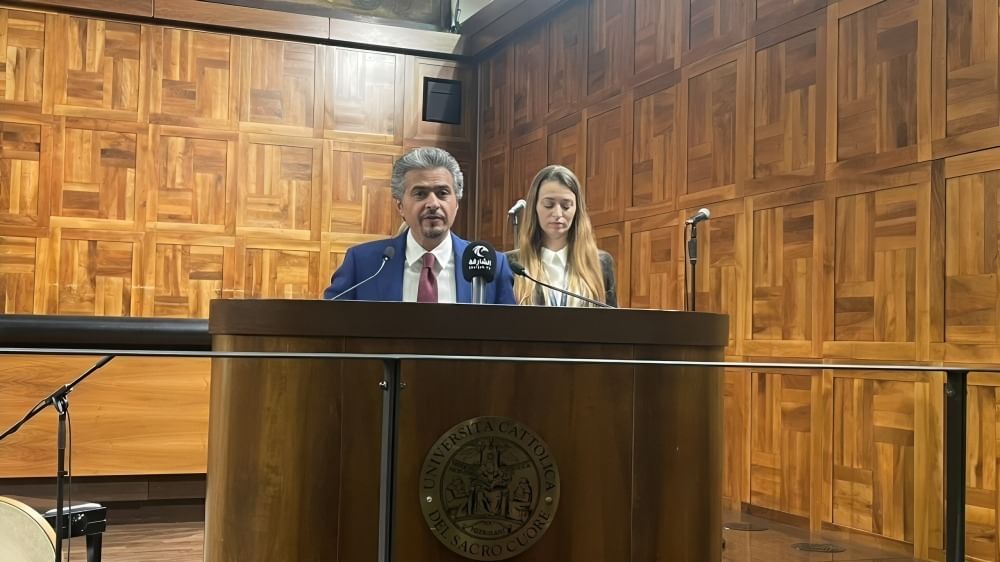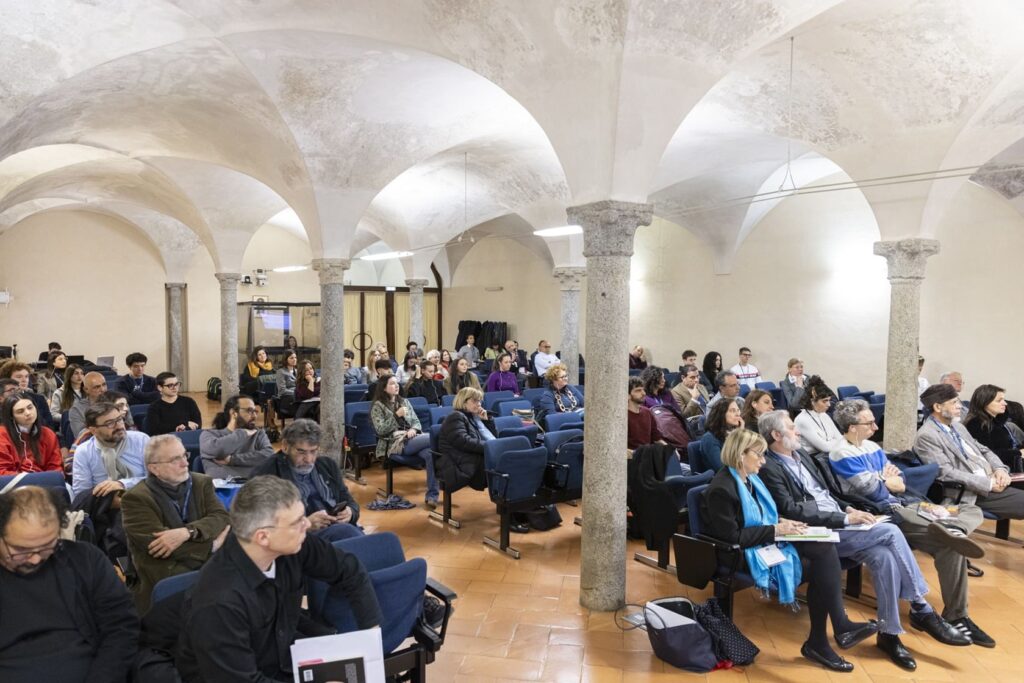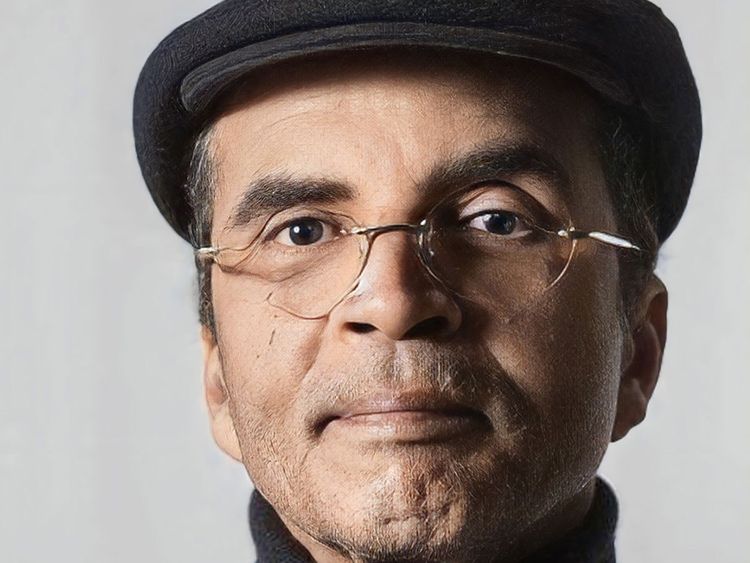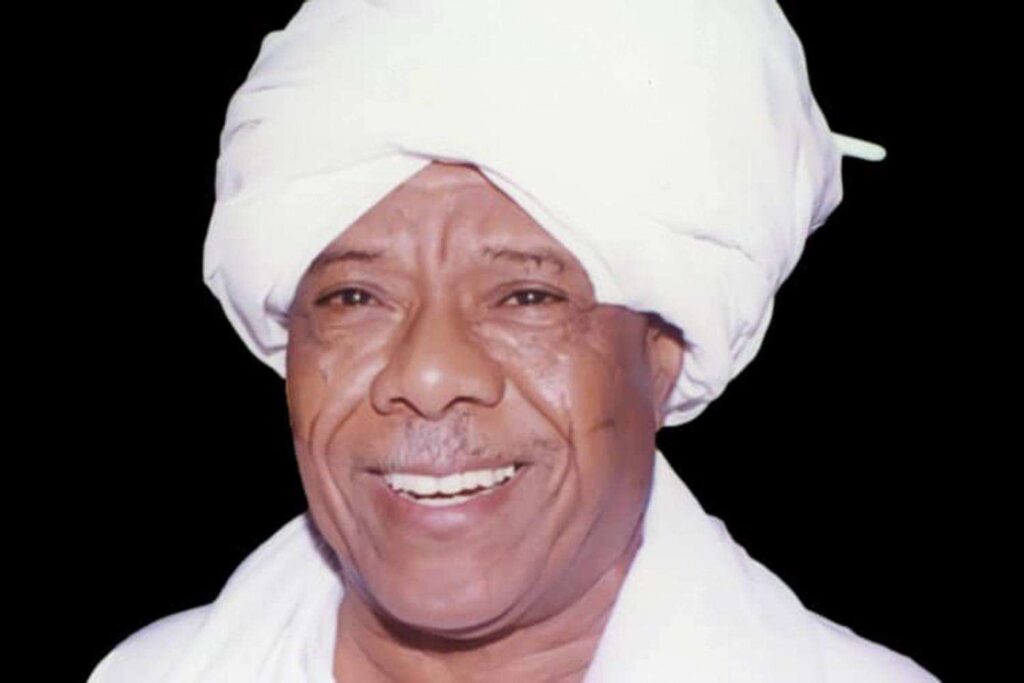The Sharjah Book Authority (SBA) has named renowned Algerian author and novelist Ahlam Mosteghanemi as the ‘Cultural Personality of the Year’ for the 43rd edition of the Sharjah International Book Fair (SIBF 2024) in recognition of her remarkable contribution to Arabic literature over five decades. Her novels have captivated readers across the Arab world, establishing her as one of the most influential voices in contemporary Arabic writing.
Ahlam Mosteghanemi is one of the most influential contemporary Arab authors, acclaimed for her ability to merge profound social commentary with pan-Arab themes. Her works critically explore the relationship between society and women while reflecting on pivotal historical events that have shaped modern Arab culture. The late Algerian President Ahmed Ben Bella famously described her as a ‘shining Algerian sun in Arabic literature,’ commending her dedication to the Arabic language and the nation’s rich history.
As part of SIBF’s annual programme, SBA selects a ‘Cultural Personality’ to showcase influential figures whose work has enriched both the Arab and global cultural landscapes, reflecting the authority’s commitment to honouring those who have made lasting contribution in fields such as literature, poetry, and philosophy. By highlighting these figures, SBA seeks to inspire future generations and reinforce the region’s cultural identity.
Ahmed Bin Rakkad Al Ameri, CEO of SBA, emphasised that the annual selection of a cultural personality reflects the vision of His Highness Dr. Sheikh Sultan Bin Mohammed Al Qasimi, Member of the Supreme Council and Ruler of Sharjah. “His Highness believes that people are at the heart of every achievement, particularly in knowledge, culture, and thought. These are the domains where nations’ experiences are preserved, thanks to the literary and intellectual contributions of individuals whose works have been a staple in homes and libraries worldwide.”
In 2009, she published Nessyane.com and Their Hearts with Us and Their Bombs on Us, addressing the US invasion of Iraq, followed by Al Aswad Yalikou Biki in 2012. Her voice, marked by themes of freedom and authenticity, has deeply resonated with Arab readers.
He added: “Ahlam Mosteghanemi holds a unique place in Arabic literature. Her novels resonate with readers of all ages and intellectual backgrounds across the Arab world, a rare achievement for any author. By celebrating her journey and other remarkable literary experiences, we expand the horizons of Arabic literature, strengthen the relationship between societies and their creative leaders, and contribute to elevating the quality of published content.”
A thoughtful presence
Spanning more than five decades, Mosteghanemi’s literary career began with In the Harbour of Days (1971) and continues with her latest work, I Became You. Her celebrated trilogy – Zakirat Al Jasad (1993), Fawda el Hawas (1997), and Aber Sareer (2003) – remains a landmark in contemporary Arabic literature. In 2009, she published Nessyane.com and Their Hearts with Us and Their Bombs on Us, addressing the US invasion of Iraq, followed by Al Aswad Yalikou Biki in 2012. Her voice, marked by themes of freedom and authenticity, has deeply resonated with Arab readers.
Throughout her illustrious career, Mosteghanemi has earned numerous accolades, including the Naguib Mahfouz Medal for Literature and the Best Arabic Writer award during the Beirut International Award Festival (BIAF). Arabian Business and Forbes have recognised her as one of the most influential Arab women in literature and culture.
Additionally, Mosteghanemi served as a UNESCO Ambassador for eight years and was awarded the 2015 Arab Woman of the Year Award in London under the patronage of the Mayor of London and Regent’s University. In 2009, she received the Beirut Shield.
Mosteghanemi earned her doctorate in sociology from the Sorbonne University in 1982 before moving to Lebanon in the early 1990s. There, she published Zakirat Al Jasad, a novel that significantly impacted the literary world. The book sold over three million copies and was awarded the Naguib Mahfouz Medal for Literature in 1998. It is also recognised as one of the top 100 Arabic novels of the 20th century.
source/content: gulftoday.ae (headline edited)
___________

Ahlam Mosteghanemi poses for a photograph. File photo
___________
ALGERIA



